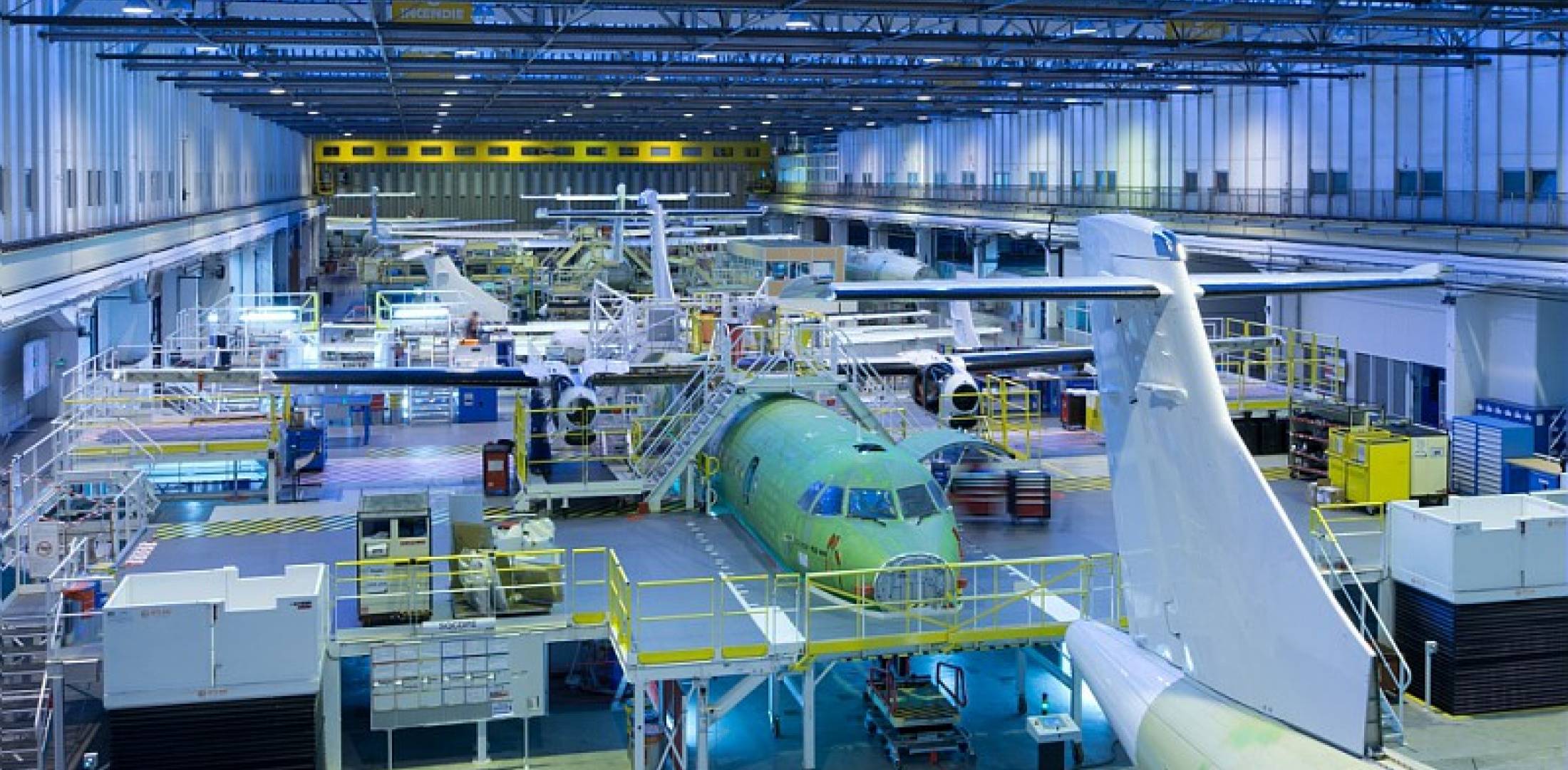“We have seen a clear upward trend in 2021, with positive signs from a recovering market. This is not only due to improved economic conditions, but also to our response to the challenges imposed by the pandemic. We have continued to invest in our product, offering concrete solutions so that our customers can operate their aircraft with the most sustainable business model. Our teams made a big leap forward towards sustainable regional aviation, with an improved engine offer and by charting a path towards flying with 100% sustainable aviation fuels. All of which contributes to making air services more accessible, and more affordable. That’s the ATR spirit and values: we never stop working towards our goal of connecting people and businesses sustainably in all regions of the world,” CEO Stefano Bortoli said, speaking at the annual press conference from ATR’s new Customer Experience Studio.
The ATR leadership also expressed optimism about the company’s mid-and long-term outlook. The freighter market is growing strongly, and ATR forecasts a demand for 460 freighters over 20 years in the up to nine tonnes category. Passenger to freighter conversions are another part of the cargo business potential: most of the 10 second-hand aircraft delivered by ATR in 2021 have been converted for cargo operations.
ATR also predicts further opportunities by tapping into the replacement market – with a potential of 1,200 turboprops in the 30 to 70-seat category – and further connecting growing markets like Japan, South Asia, and Africa, which need to increase domestic and cross-border connections.
ATR is also confident that developments we have seen in the last two years, such as the e-commerce boom and decentralization of economic activities, represent a growth opportunity for the regional aviation sector.
These opportunities go hand-in-hand with further decreasing the environmental footprint of aviation. ATR will bring the new, more efficient PW127XT engine to market in 2022. The Toulouse-based manufacturer will also perform a test flight in Spring with Braathens Regional Airlines and Neste, aiming to complete the 100% SAF certification of its aircraft by 2025.
“Our core mission is to provide essential regional connectivity. 40% of our operators are serving mainly essential services and 85% of ATR operations are domestic. We expect these percentages to grow in 2022. Covid has accelerated some trends, such as the development of e-commerce and the shift to homeworking. This leads to an increase in demand to travel from smaller airports and creates new opportunities for regional operators. ATR has a significant role to play, offering sustainability, comfort, reliability, and unparalleled economics. The combination of these parameters is unique to us,” Fabrice Vautier, SVP Commercial, added.

